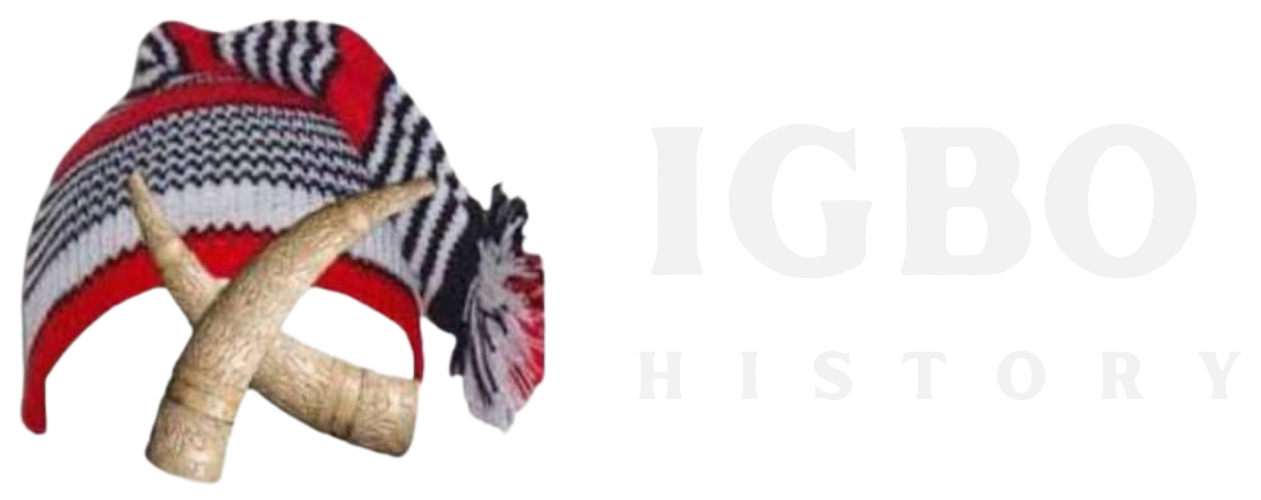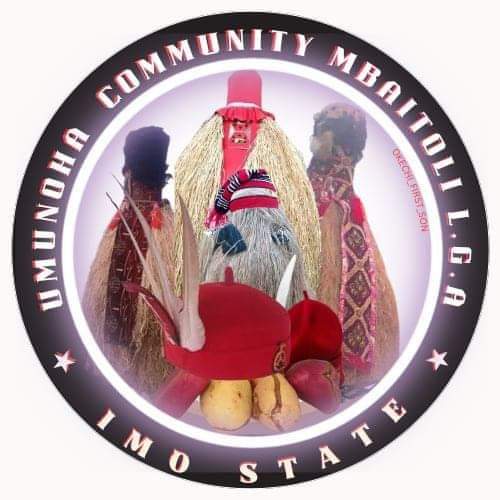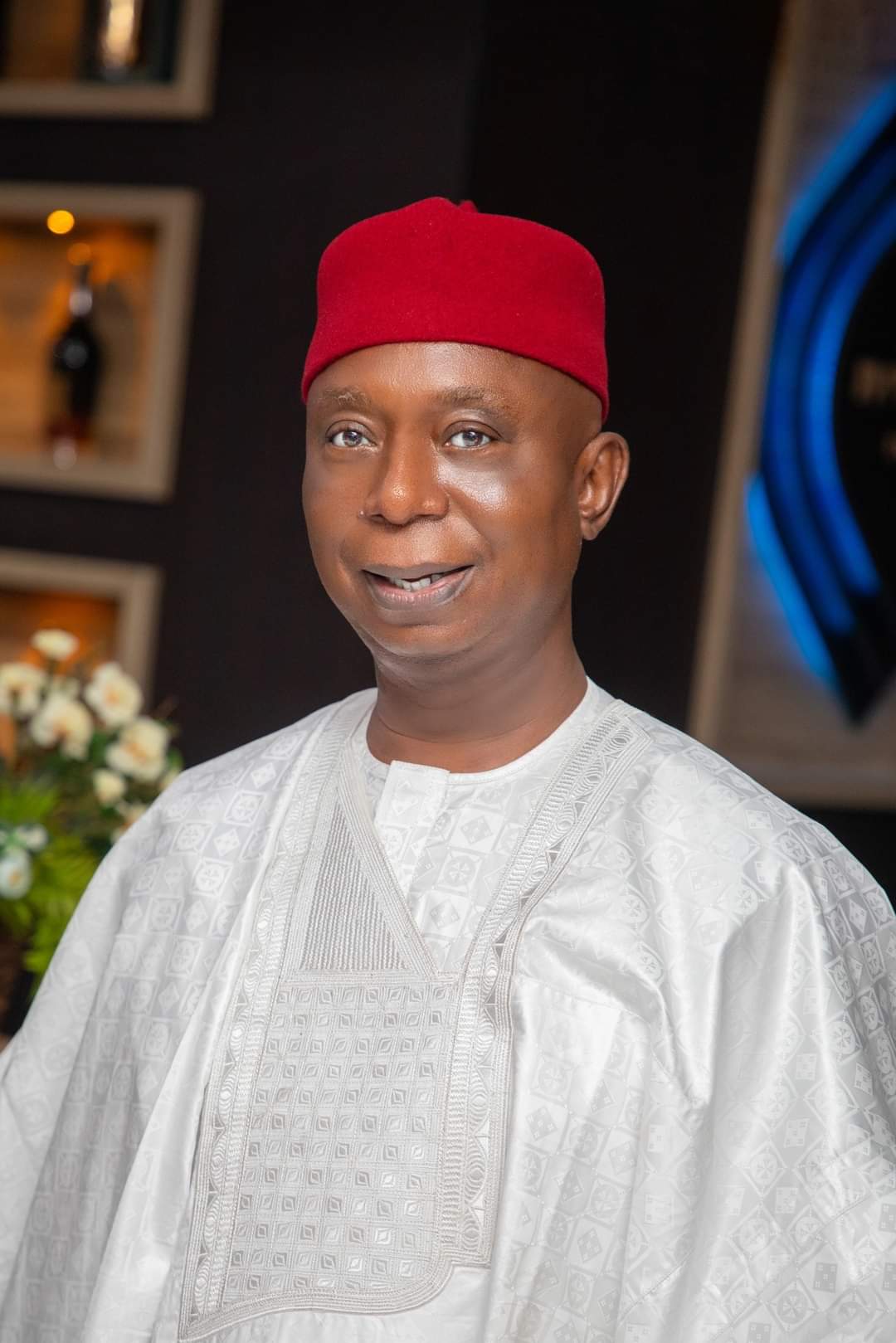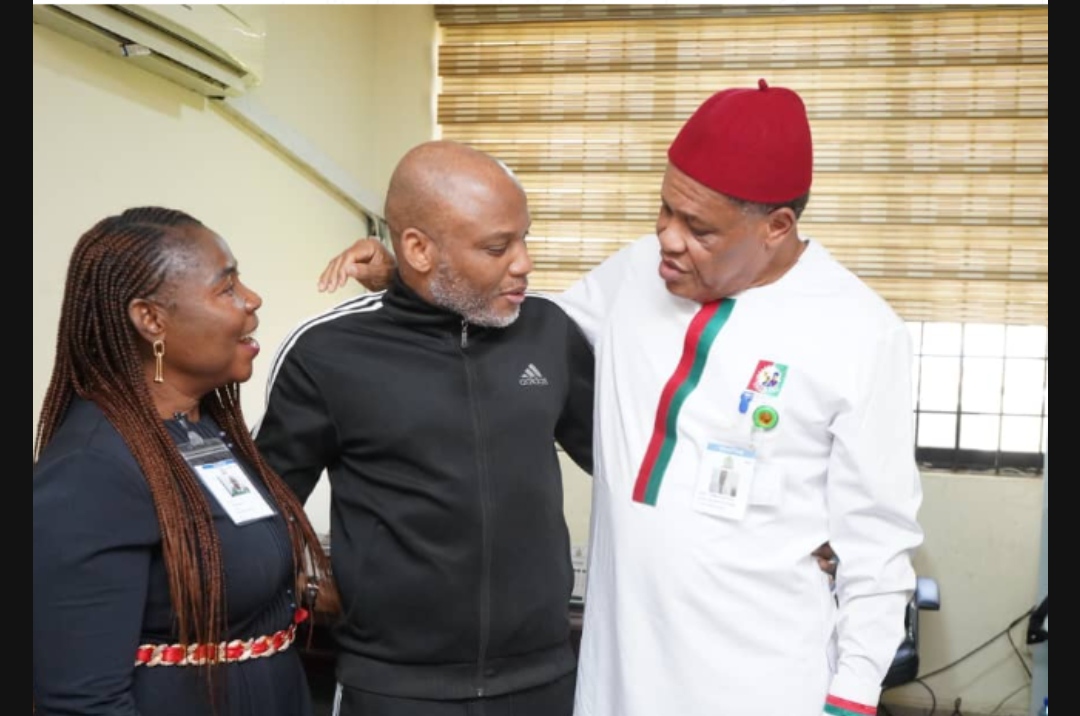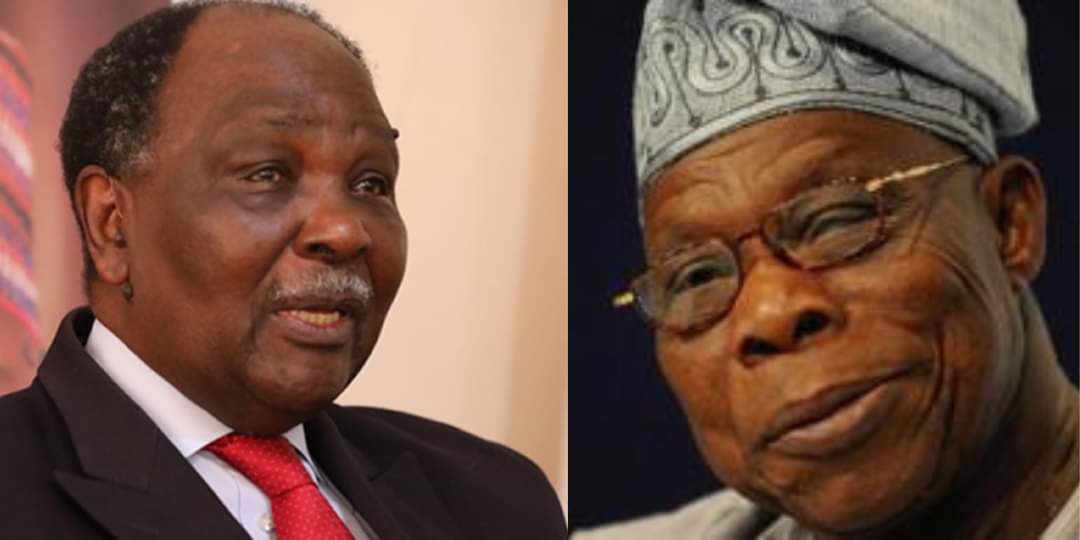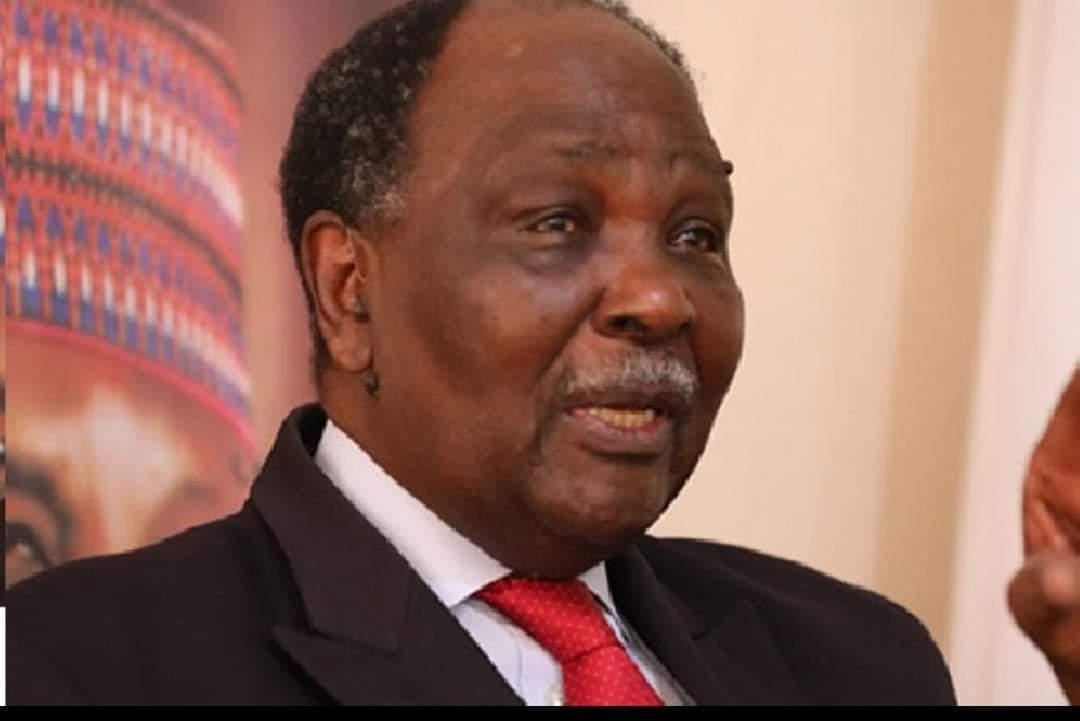Umunoha is a relatively recent settlement, established around the early 18th century. According to oral tradition, the area was initially occupied by a people believed to be the Isu. This changed with the arrival of Okechi Nnoha, an Amadioha priest from Ozuzu in Echie (present-day Rivers State). Through a series of wars, Okechi displaced the indigenous population, many of whom fled to Umuaka. Okechi then distributed the land among his descendants, with the likely support of the Aro during his conquests.
Although the reason for Okechi’s arrival in Umunoha remains unknown, an Igwe shrine (dedicated to the sky deity) existed in the area long before his arrival. Instead of destroying the shrine, Okechi took control of it, installing the Amadioha oracle within. Over time, the Igwekaala shrine became a central institution for justice in the region. The blending of the Amadioha and Igwe cults in Umunoha has led to some confusion, with people mistakenly identifying Amadioha and Igwe as the same deity. However, they are distinct entities. The shrine, located within a sacred grove, became the heart of Umunoha, protected by a society known as Mbaranigwe.
Umunoha’s main market is Orie Amaigwe, which, like many markets in Southern Igboland, operates on an eight-day cycle based on the traditional Igbo week.
Some Igbo scholars argue that the establishment of the Igwekaala oracle was controversial, as it suggested that Igwe, the sky deity, was superior to Ala, the earth goddess, who is central to Igbo traditional religion. Nevertheless, among the Oru and Isu people, Igwe held significant reverence. In Oguta, an Oru community, the king serves as the chief priest of Igwe, bearing the title Ezeigwe.
The people of Umunoha, however, held the Isu in disdain, referring to them as Nde Mbakeshi (uncivilized people). Umunoha is also well-known for its Mmanwu masquerade tradition, which has origins among the Oru, a riverine Igbo group from places like Oguta and Ndoni.
